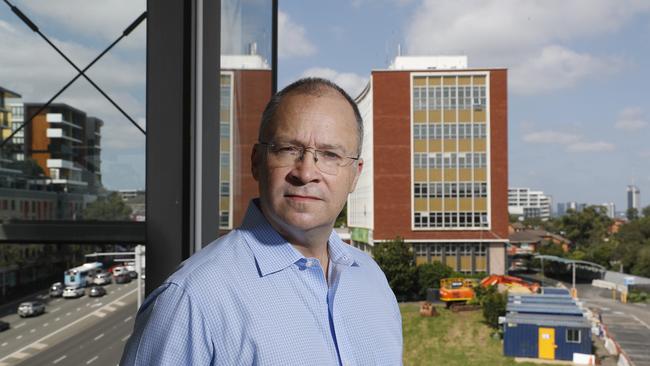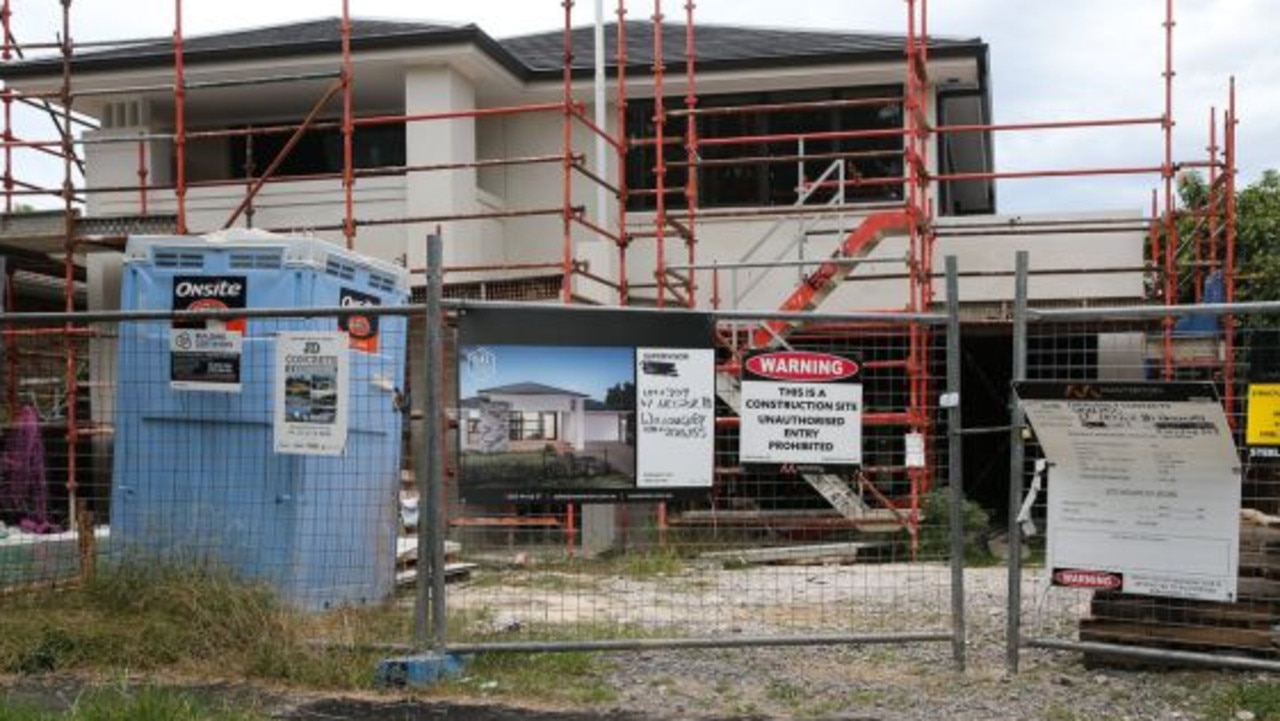Land Environmnent Court boss Sarah Froh takes aim at state government over development delays
The court boss has taken an extraordinary step of speaking out over a massive backlog of development cases delaying new homes.

NSW
Don't miss out on the headlines from NSW. Followed categories will be added to My News.
The boss of NSW’s Land and Environment Court has taken an extraordinary step of speaking out over a massive backlog of development cases delaying new homes, revealing court officials have lobbied the state government for years for more staff.
Director Sarah Froh told The Daily Telegraph the number of development applications referred to the court had more than doubled in the last decade – despite the number of judges never increasing since the court was established in 1980.
Ms Froh is holding out for the appointment of a seventh judge expected this year to help rule on the mass of cases.
The revelation has prompted experts to warn these delays were exacerbating the housing crisis and that councils were committing “lawfare” against developers.

The Land and Environment Court rules on development applications that have been rejected by local councils.
Housing experts have claimed NIMBY groups and councils have weaponised the court process as a method of delaying new housing, blowing out the costs of projects with enormous legal fees and keeping developers in courts for months.
Ms Froh said that in 2023 there were nearly 1100 cases involving DAs, known as Class one matters, registered to be heard in court, a more than 90 per cent increase to only 540 cases in 2013.
Despite this, only one additional full-time commissioner has been appointed to get through the vast workload.
“In 2023, the average finalisation time for Class One matters was roughly eight months, while the median finalisation time was about seven months – both of these measures have increased by about a month compared to the 2022 results,” she said.
That wait time has more than doubled in 10 years, with the average finalisation time for a case in 2013 at more than four months.
“The Court is aware of the increased demand for its services and has consistently sought funding for more judges, more commissioners and more registry staff to meet this increase in demand over many years,” Ms Froh said.

In 2013, the court had nine full time commissioners ruling on cases, and have only recently been approved to appoint a 10th, despite a doubling of the workload. For 10 years there have only been six judges who also preside over the court, with a potential seventh to be appointed this year.
Yet housing and legal experts claim more resources are needed to reduce the case backlog created by NIMBY groups and councils using “lawfare” to exacerbate Sydney’s crippling housing crisis.

Mills Oakley partner Aaron Gadiel, who spent years representing clients in the Land and Environment Court, said often it can take up to 12 months for cases to be finalised in the court.
“So many decisions these days have to be appealed to the court because councils are dysfunctional – they’re not making decisions within the statutory 40 days so people are just forced to appeal to the courts,” he said.
Mr Gadiel said the court’s ability to get through the vast number of DAs was constrained by limited resources.
“The cost of a commissioner is relatively cheap for the government but the cost benefits to the community for getting that housing supplied much quicker is enormous.”

Developers like Deicorp executive manager Robert Furolo agreed the court needed “more resources” to “speed up the outcome of decisions”.
Urban Development Taskforce chief executive Tom Forrest said the vast time and expense of going to court affected the feasibility of new housing projects, blowing out developer’s budgets.
“Councils will use every possible mechanism to delay and frustrate development and to use the court system to do battle – it feels like warfare against developers or you could call it ‘lawfare’,” he said.
A spokesperson for Planning Minister Paul Scully said councils should not be using the courts to stop proposals that can increase housing supply.
Originally published as Land Environmnent Court boss Sarah Froh takes aim at state government over development delays



